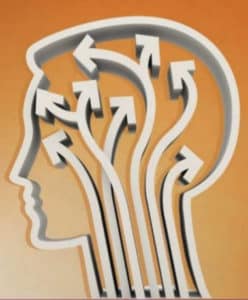People with a substance use disorder are more likely to experience a mental disorder and people with a mental disorder are more likely to have a substance use disorder when compared with the general population.
According to the Substance Abuse and Mental Health Services Administration (SAMHSA), about 45% of Americans seeking substance use disorder treatment have been diagnosed as having a co-occurring mental and substance use disorder. Those findings, reported in SAMHSA’s National Survey of Substance Abuse Treatment Services, support integrated treatment approaches like those used by The Council on Recovery’s Center for Recovering Families.
The Center for Recovering Families goes beyond conventional outpatient programs by utilizing the integrated approach for treating co-occurring mental and substance use disorders. Integrated treatment addresses mental and substance use conditions at the same time and requires collaboration across disciplines. The Center’s integrated treatment planning addresses both mental health and substance abuse, each in the context of the other disorder. This planning is client-centered and better addresses clients’ goals by using treatment strategies that are acceptable to them.
Recent research, including the 2014 National Survey on Drug Use and Health, shows that integrated treatment is associated with lower costs and better outcomes such as reduced substance use, improved psychiatric symptoms and functioning, decreased hospitalization, increased housing stability, fewer arrests, and improved quality of life.
For individuals and families dealing with co-occurring mental and substance use disorders, the Center for Recovering Families’ integrated treatment approach is creating new hope in the healing process. Contact the Center for Recovering Families at 713-914-0556.
